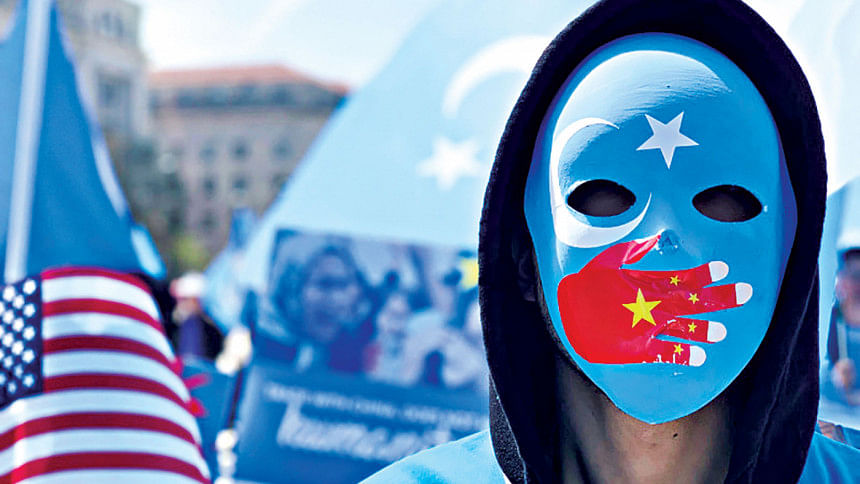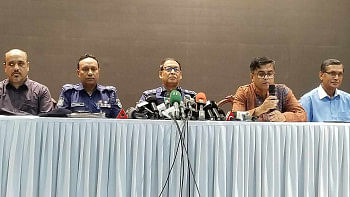EU imposes China sanctions

The European Union yesterday imposed sanctions on four Chinese officials, including a top security director, for human rights abuses in Xinjiang, the first sanctions against Beijing since an arms embargo in 1989 following the Tiananmen Square crackdown.
Accused of mass detentions of Muslim Uighurs in northwestern China, those targeted with sanctions included Chen Mingguo, the director of the Xinjiang Public Security Bureau. The EU said Chen was responsible for "serious human rights violations."
Beijing also announced sanctions on 10 Europeans including parliamentarians and scholars, as well as four entities, in retaliation against the EU's approval of sanctions over Beijing's crackdown on the Uighur minority.
"This move, based on nothing but lies and disinformation, disregards and distorts facts," said China's foreign ministry in a statement, adding that it was a gross interference in its internal affairs.
In its Official Journal, the EU accused Chen of "arbitrary detentions and degrading treatment inflicted upon Uighurs and people from other Muslim ethnic minorities, as well as systematic violations of their freedom of religion or belief".
Others hit with travel bans and asset freezes were: senior Chinese officials Wang Mingshan and Wang Junzheng, the former head of China's Xinjiang region, Zhu Hailun, and the Xinjiang Production and Construction Corps Public Security Bureau.
China denies any human rights abuses in Xinjiang and says its camps provide vocational training and are needed to fight extremism, reports Reuters.
While mainly symbolic, the sanctions mark a significant hardening in the EU's policy towards China, which Brussels long regarded as a benign trading partner but now views as a systematic abuser of basic rights and freedoms.
They are also likely to inflame tensions between Brussels and Beijing. The EU had not sanctioned China since it imposed an arms embargo in 1989 following the Tiananmen Square pro-democracy crackdown. The arms embargo is still in place.
All 27 EU governments agreed to the punitive measures, but Hungary's foreign minister, Peter Szijjarto, called them "harmful" and "pointless", reflecting the bloc's divisions on how to deal with China's rise and to protect business interests.
China is the EU's second-largest trading partner after the United States and Beijing is both a big market and a major investor which has courted poorer and central European states.
But the EU, which sees itself as a champion of human rights, is deeply worried about the fate of the Uighurs. Britain, Canada and the United States have also expressed serious concerns.

 For all latest news, follow The Daily Star's Google News channel.
For all latest news, follow The Daily Star's Google News channel. 



Comments